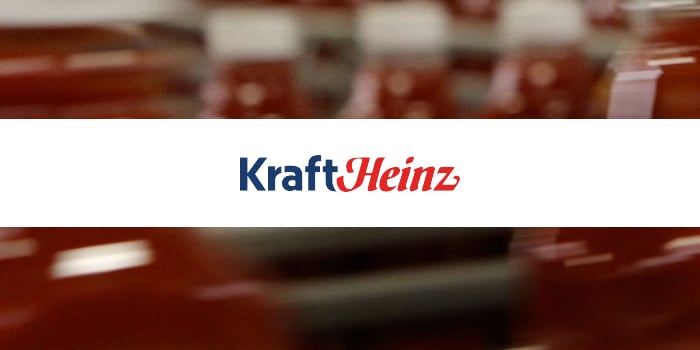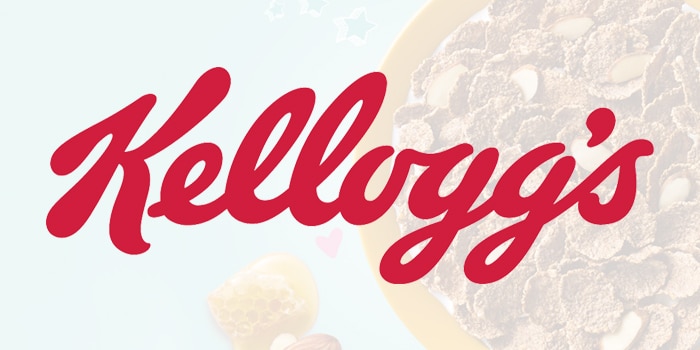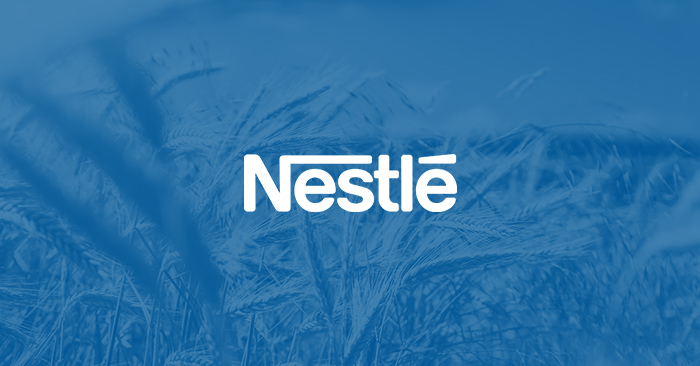Kraft Heinz, Kellogg, Nestle: Pandemic Elevates Sales as Consumers Stay Home
In earnings updates this week, Kraft Heinz, Kellogg and Nestle all detailed the recent surges they’ve seen as consumer habits have drastically changed toward eating more meals (and snacks) at home.
Kraft Heinz Q2: “Magnitude” of Food & Beverage Purchases Drives Growth
In an earnings call today, Kraft Heinz CEO Miguel Patricio noted “strong consumer” demand for the company’s products during the second quarter, in which its net sales grew 3.8%, and said the company is “cautiously optimistic” for the remainder of 2020.
Patricio said retail sales grew 15%, a shift that was “tremendous and abrupt.” To accommodate the surge, the company shifted production away from its food service offerings to focus on retail products, with some facilities operating 24/7.
“Sales of food and beverage products are not microchips, so to describe the magnitude of this channel shift as a precedent feels like an understatement,” Patricio said.
Carlos Abrams-Rivera, U.S. zone president, said that during Q2, 75% of Kraft Heinz brands, which include better-for-you brand Back to Nature and snack brand Planters, grew in household penetration with many up double percentage points over last year. As trial increases, the company is working to better understand these new shoppers, noting they made purchases more frequently and spent more than expected during the quarter. According to the company, 75% of new consumers in Q2 are already rebuying Kraft Heinz brands, Abrams-Rivera said. To retain these consumers, the company has hired three new marketing executives to lead each geographic zone.
However, this demand will also require “fresh, new approaches,” Patricio said, along with new products, which the company will further detail during an investor event in September. He added 2021 will see even “bigger innovation” and that the company has been conducting R&D for the past seven weeks.
“Some categories we have lost share and we are working hard to fix that,” Abrams-Rivera said. “We’re developing better perspectives on where consumers are going and how we can win.”
Kellogg Q2: Snacks, Cereal See “Sustained Growth”
During the second quarter, Kellogg saw North American sales grew 1.2% year-over-year, “outpacing expectations” with net income of $351 million, according to Kellogg CEO Steve Cahillane. On the company’s earnings call today, Cahillane noted that consumption was particularly high in cereal, frozen plant-based and breakfast items, as consumers ate more meals at home.
“Elevated demand has made these categories more attractive than they have been in many years,” Cahillane said.
While Morningstar Farms’ sales grew over 31% during Q2, the company faced capacity constraints as consumers stocked their freezers and purchased more often, Cahillane explained. Heading into Q3, the company is gearing up to finally launch Morningstar Farms refrigerated sub-brand Incogmeato, which was delayed due to the pandemic.
Also during the quarter, cereal sales were up 25.6%, with the company reporting 19% growth for cereal brand Kashi. It’s unclear, Cahillane said, if sustained levels of consumption will stick, and the company will use “refreshed messaging and media” to keep consumers engaged.
Additionally, snack sales were up 12.7% year-over-year for the quarter and 15% for the year, though Cahillane said Kellogg saw lower than projected sales for on-the-go snacks like RXBar.
Overall, CFO Amit Banati said, the first half of 2020 was the company’s strongest in years but he expects net sales to slow as uncertainty over the coronavirus and the country’s response remains.
Nestle First Half Results: Frozen, Plant-based and Coffee Sales Grow
In its half-year earnings call today, food and beverage producer Nestle reported global organic growth of 2.8%, while projecting 2-3% sales growth for 2020 overall.
Fueled by its U.S. business, the company saw particular uptick in frozen foods and plant-based brands, including Sweet Earth Foods, along with double-digit sales for coffee at home. CEO Mark Schneider noted the company saw “sustained momentum” and has been adjusting to meet consumer demand for products at home, including ones that boost the immune system.
“With consumer behavior evolving faster than ever, we are adapting to this new reality by strengthening our innovation, leveraging our digital capabilities and executing with speed,” Schneider said.
As consumers’ lives slowed down, the need for on-the go staples decreased, resulting in falling sales for the company’s confectionary and water brands. At the same time, vegetarian and plant-based sales grew 40%, and prepared dishes and cooking aids also grew in the mid single-digits. However, the growth decreased 5.3% due to divestitures, including the late 2019 sale of Nestle’s U.S. ice cream business for $4 million to Froneri.



















